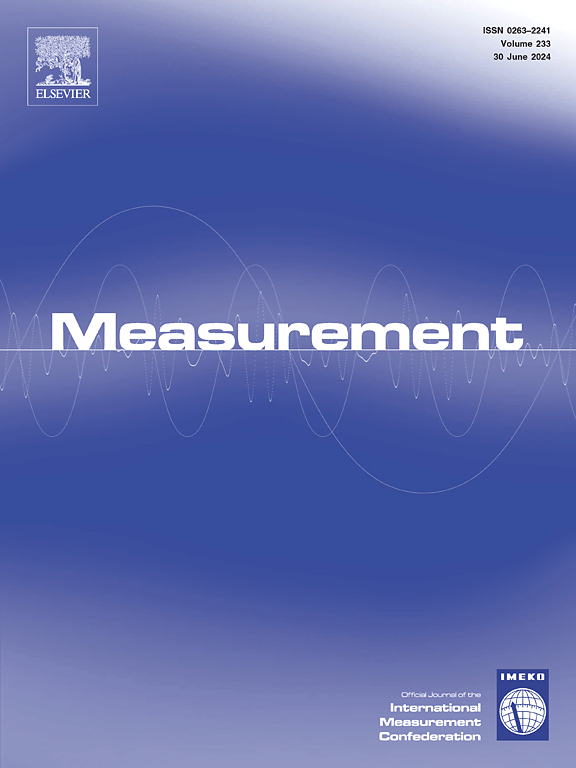复杂海洋环境下LBL/SINS组合导航的改进变分贝叶斯自适应鲁棒滤波算法
IF 5.6
2区 工程技术
Q1 ENGINEERING, MULTIDISCIPLINARY
引用次数: 0
摘要
在LBL/SINS组合导航系统中,卡尔曼滤波器(KF)在处理动态噪声、信号损失和测量异常值等方面经常遇到困难。为了解决这些挑战,本文引入了一种改进的变分贝叶斯自适应鲁棒滤波器(VBARKF),它可以估计过程和测量噪声统计量。为了减轻信标信号丢失的影响,该方法采用自适应信标有效性向量,动态调整测量方程的维数。此外,为了抵消粗误差的影响,VBARKF集成了基于马氏距离的鲁棒滤波机制。具体而言,将LBL和SINS得到的倾斜距离之间的马氏距离与预定义的阈值进行比较,从而实现测量权值的动态调整。海上油田试验结果表明,与KF相比,VBARKF的定位精度提高了83.03%。它也分别优于Unscented Kalman Filter (UKF), VBAKF- r, VBARKF-R,稳健的基于Student 's t的Kalman Filter (RSTKF)和VBAKF,分别高出73.59%,67.19%,60.35%,38.31%和6.55%。在水下半物理实验中,VBARKF的精度比KF、UKF、VBAKF- r、VBARKF- r、RSTKF和VBAKF分别提高了49.13%、45.81%、44.26%、42.08%、36.38%和30.11%。这些发现强调了VBARKF的鲁棒性和可靠性,使其成为水下遥感、海洋测绘和水下救援等应用中精确水下导航的有希望的解决方案。本文章由计算机程序翻译,如有差异,请以英文原文为准。
An improved variational Bayesian adaptive robust filtering algorithm for LBL/SINS integrated navigation in complex marine environments
In the context of LBL/SINS integrated navigation systems, the Kalman Filter (KF) often encounters difficulties in handling dynamic noise, signal loss, and measurement outliers. To address these challenges, this paper introduces an improved Variational Bayesian Adaptive Robust Filter (VBARKF), which estimates both process and measurement noise statistics. To mitigate the impact of beacon signal loss, the proposed method employs an adaptive beacon validity vector that dynamically adjusts the dimensionality of the measurement equation. Furthermore, to counteract the influence of gross errors, the VBARKF integrates a robust filtering mechanism based on the Mahalanobis distance. Specifically, the Mahalanobis distance between the slant distance derived from LBL and SINS is compared with a predefined threshold, enabling the dynamic adjustment of measurement weights. Experimental results from an offshore field trial demonstrate that the VBARKF improves positioning accuracy by 83.03% compared to the KF. It also outperforms Unscented Kalman Filter (UKF), VBAKF-R, VBARKF-R, robust Student’s t based Kalman filter (RSTKF) and VBAKF by 73.59%, 67.19%, 60.35%, 38.31% and 6.55%, respectively. In addition, underwater semi-physical experiments show an improvement in accuracy using VBARKF, surpassing KF, UKF, VBAKF-R, VBARKF-R, RSTKF, and VBAKF by 49.13%, 45.81%, 44.26%, 42.08%, 36.38%, and 30.11%, respectively. These findings underscore the robustness and reliability of the VBARKF, making it a promising solution for precise underwater navigation in applications such as underwater remote sensing, ocean mapping, and underwater rescue.
求助全文
通过发布文献求助,成功后即可免费获取论文全文。
去求助
来源期刊

Measurement
工程技术-工程:综合
CiteScore
10.20
自引率
12.50%
发文量
1589
审稿时长
12.1 months
期刊介绍:
Contributions are invited on novel achievements in all fields of measurement and instrumentation science and technology. Authors are encouraged to submit novel material, whose ultimate goal is an advancement in the state of the art of: measurement and metrology fundamentals, sensors, measurement instruments, measurement and estimation techniques, measurement data processing and fusion algorithms, evaluation procedures and methodologies for plants and industrial processes, performance analysis of systems, processes and algorithms, mathematical models for measurement-oriented purposes, distributed measurement systems in a connected world.
 求助内容:
求助内容: 应助结果提醒方式:
应助结果提醒方式:


